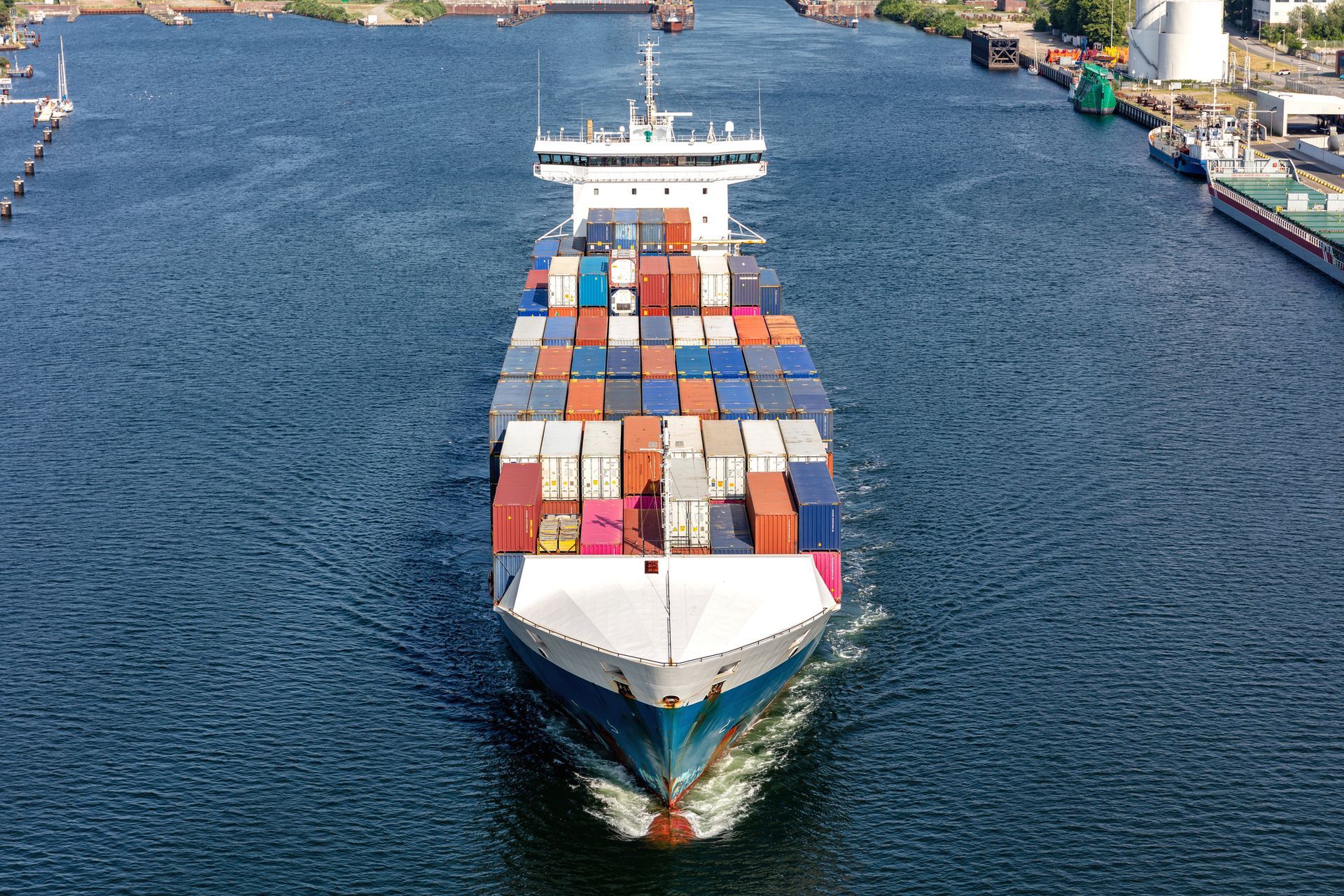
In the complex scenario of international trade, clarity in the responsibilities and duties of sellers and buyers is crucial. After all, the movement of goods between different countries involves several aspects, from logistical issues to customs and tax regulations.
In order to establish these parameters in a clear and uniform manner, Incoterms, or International Trade Terms, were created. They are globally recognized standards that define and distribute the obligations, costs and risks between the seller and the buyer in an international commercial transaction.
Among the various Incoterms available, DDP (Delivered Duty Paid) stands out for placing a significant burden of responsibility on the exporter. Intended for freight forwarders and freight forwarders, this article will delve deeper into the Incoterm DDP, its particularities, advantages, disadvantages and applicability in the Brazilian context.
What is the Incoterm DDP?
DDP is the acronym for "Delivered Duty Paid", which, translated into Portuguese, means “delivered with duties paid”. This is a term that places the main responsibility on the exporter.
By opting for the Incoterm DDP, the exporter assumes the obligation to pay for and coordinate all procedures until the goods are delivered to the place designated by the importer.
This commitment ranges from the payment and contracting of internal transport, both in the country of origin and destination, through customs clearance at origin, international transport and insurance, to the completion with customs clearance and payment of all taxes and duties in the country of destination.
When discussing Incoterms, it is vital to understand their four distinct categories. In this context, group D specifies that the exporter or seller bears the majority of the risks and costs. This decision on the terms should be agreed upon and finalized during the negotiation of the purchase of the product.
From this perspective, the buyer or importer finds himself in an advantageous position. After all, most of the responsibilities associated with international trade and product logistics fall on the exporter.
However, this convenience comes at a price. Products under the Incoterm DDP tend to have higher values due to all the charges, obligations and responsibilities incorporated. Therefore, for the buyer, choosing DDP usually implies a more substantial investment.
Read also: How does an NVOCC work?
Difference between Incoterms DAP and Incoterms DDP
When we approach Incoterms, we find different modalities that establish the responsibilities of the exporter and the importer in an international commercial transaction. Among them, DDP and DAP stand out.
DAP (Delivered at Place):
In DAP, the exporter's responsibility ends when the product is made available to the buyer at the agreed place and date, provided that the goods are not at a terminal, but ready to be unloaded from the transport vehicle.
The exporter's responsibility is basically to ensure that the goods reach the stipulated destination. In this case, it is up to the importer to comply with customs formalities, payment of duties, import taxes and unloading of the goods.
DDP (Delivered Duty Paid):
In DDP, the exporter not only guarantees the delivery of the goods to the destination, but also assumes responsibility for customs clearance, payment of taxes and other obligations upon import.
In simplified terms, the product is delivered to the buyer already cleared and with all charges paid.
The main distinction between the Incoterms DDP and DAP is the level of responsibility that the exporter assumes for the goods. In DAP, the exporter guarantees the arrival of the goods at the stipulated location, with customs clearance being the responsibility of the importer.
In DDP, on the other hand, the exporter not only ensures delivery, but also takes care of the clearance, delivering the finished product to the buyer.
Incoterm DDP in Brazilian imports: is it allowed?
The answer is no. Incoterm DDP, which imposes responsibility for customs fees and costs on the exporter, is not allowed for imports made in Brazil. This restriction occurs due to Brazilian legislation that prohibits foreign companies from making payments and collecting taxes related to imports in the country.
Therefore, only companies duly authorized to operate in Brazilian foreign trade are authorized to conduct imports and, consequently, to make the associated tax payments.
On the other hand, this scenario does not prevent Brazil from exporting under the Incoterm DDP. However, for this to occur, it is essential that the country receiving the goods allows foreign companies to be responsible for paying import taxes.
If the importing country agrees to this practice, the buyer may, without hindrance, ils, request the use of the Incoterm DDP from the Brazilian seller.
For Brazilian importers seeking alternatives to DDP, a viable option is the Incoterm DAP. By adopting this term, the importer assumes the responsibilities for collecting customs duties as soon as he is notified of the arrival of the goods in the national territory.
Responsibilities and Risks in the Incoterm DDP
The Incoterm DDP, which refers to the term "Delivered Duty Paid", establishes that the seller bears most of the responsibilities and risks associated with the transaction, from the origin to the delivery of the goods. However, it is vital to detail and clarify the obligations of each party (seller and buyer) under this Incoterm.
DDP in the country of origin (seller's country):
- Packaging: Seller
- Identification: Seller
- Loading at origin: Seller
- Inland transport: Seller
- Local insurance: Seller
- Export duties: Seller
- Inspection: Seller
- Expertise: Seller
- Customs bureaucracy: Seller
- Storage: Seller
- Shipping costs: Seller
- Stevedo: Seller
- DDP between the country of origin and destination:
- Transportation: Seller
- International insurance: Seller
DDP in the country of destination (buyer's country):
- Unloading: Seller
- Handling: Seller
- Storage: Seller
- Customs bureaucracy: Seller
- Import duties: Seller
- Inland transport: Seller
- Local insurance: Seller
- Unloading of goods: Buyer
Seller's duties under Incoterm DDP:
- Ensure adequate packaging, labeling and marking for safe transportation.
- Load the goods onto the collection vehicle.
- Coordinate the pre-transportation of the goods from your factory to the port of shipment.
- Comply with all customs formalities in your country and cover the costs of clearance.
- Load the goods on the main transport.
- Coordinate and cover the costs of the main transport between the port of departure and the port of arrival.
- Unload the goods from the main transport.
- Provide insurance, if necessary, both local and international.
- Coordinate the transport of the goods to the final destination.
- Comply with customs formalities for the import of the goods into the country of destination.
Buyer's duties under the Incoterm DDP:
- Unload the goods from the delivery vehicle at your premises.
- Provide insurance in the country of destination, if necessary.
Conclusion
The correct use of Incoterms, especially DDP, can be a powerful tool in international trade, optimizing processes, avoiding misunderstandings and clearly establishing the responsibilities of each party.
As seen, while DDP offers many benefits and conveniences, it also has its own peculiarities, especially when it comes to the Brazilian import context.
For freight forwarders and brokers, delving deeper into this and other Incoterms is essential to ensure smooth operations without unpleasant surprises. If you want to delve even deeper into the details of Incoterms and their practical applications, we have excellent news!
We invite you to download our free ebook "Incoterms: everything you need to know". As a bonus, you will also receive a detailed illustrative table to consult whenever you need. Master Incoterms and become an even more capable professional in the global trade scenario. Download it now and upgrade your expertise!
Continue a navegar no blog da Allink

Mantenha-se informado sobre o comércio exterior
Assine nossa newsletter e receba atualizações semanais de forma gratuita sobre o mundo da logística.




